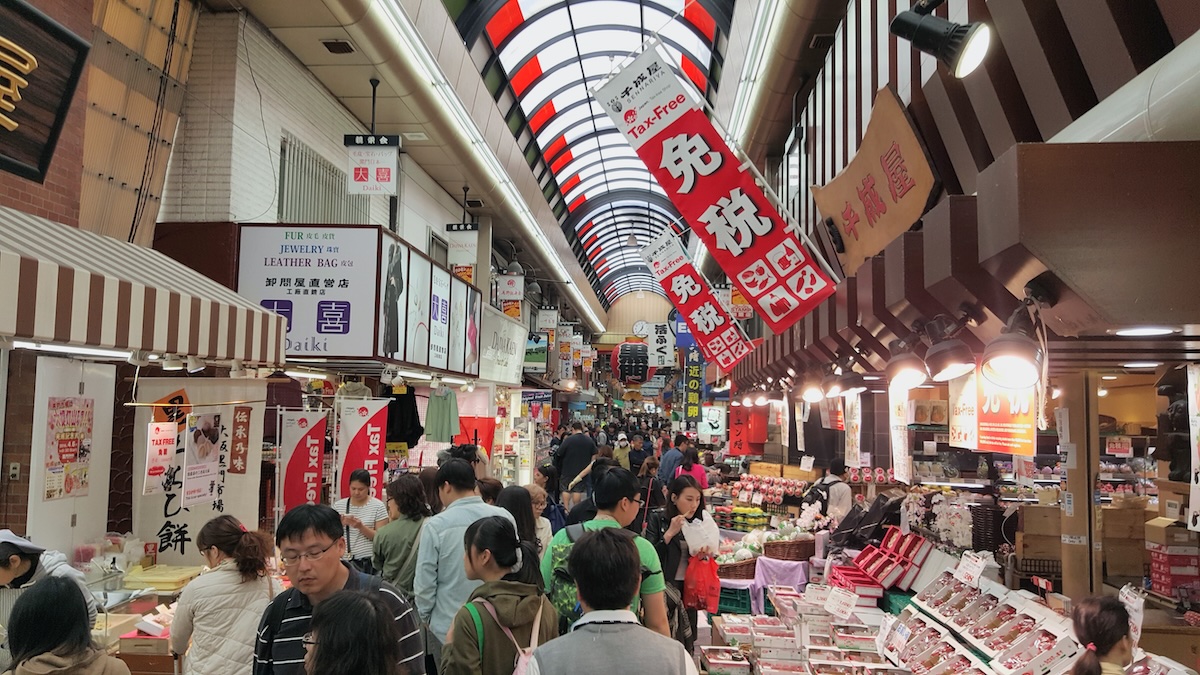If you’re planning a trip to Japan, learning a bit of Japanese can go a long way! Japanese locals are often delighted when foreigners attempt to speak their language, and just knowing a few essential phrases might earn you a compliment or two. Here’s a quick guide to help you master some basic Japanese expressions, so you can feel confident and respectful in your interactions.
Japanese, like many other Asian languages, has different levels of formality. Words can vary depending on the setting—typically, you’ll use more formal phrases with older people or in formal settings, while casual expressions are fine for younger or close friends. Understanding when to use formal or casual language may feel challenging, but it’s part of what makes Japanese such a unique and rewarding language to learn.
- How do you say Thank you in Japanese? Here are some key words and phrases for your trip
- Konnichiwa – Hello
- Arigatougozaimasu / Arigato – Thank you
- Suimasen – Excuse Me
- Gochisousamadeshita / Gochisousama – Thank you for the meal
- Gomennasai / Gomen – Sorry
How do you say Thank you in Japanese? Here are some key words and phrases for your trip
[Formatted as Formal Japanese Word / Informal Japanese Word – English Translation]
Konnichiwa – Hello
A general greeting for any time of the day, “Konnichiwa” is your go-to hello. For morning greetings, use “Ohayogozaimasu” (formal) or “Ohayo” (casual), and in the evening, switch to “Konbanwa” for “Good evening.”
Arigatougozaimasu / Arigato – Thank you
A simple way to show gratitude and respect. A slight bow at the hips adds a respectful touch, and you’ll see locals doing this often. Use “Arigatougozaimasu” for a more formal “Thank you” and “Arigato” for casual situations.
Suimasen – Excuse Me
This phrase is handy in various situations. In a restaurant, you’ll likely need to flag down the waiter for service—just a quick wave and “Suimasen” should do the trick. It’s also commonly used in everyday interactions when you might need to say “excuse me,” like if you accidentally bump into someone. A slight bow paired with “Suimasen” shows politeness.
Gochisousamadeshita / Gochisousama – Thank you for the meal
After finishing a meal, saying “Gochisousamadeshita” or “Gochisousama” casually is a traditional way to express gratitude for the food and the effort it took to prepare it. When heading out of a restaurant after paying, this phrase shows appreciation for the food and service.
Gomennasai / Gomen – Sorry
For those moments when you need to apologize, “Gomennasai” (formal) or “Gomen” (casual) will convey your apology. Pairing it with a slight bow adds sincerity to your expression.
These phrases are just the start of what could become a rewarding collection of Japanese words. As you explore Japan, try using these words with locals—they’ll likely appreciate your efforts and respond warmly. Speaking a few words in Japanese can go a long way in showing respect and opening up memorable interactions. I hope that you will enjoy learning, connecting, and discovering Japan through its language!
